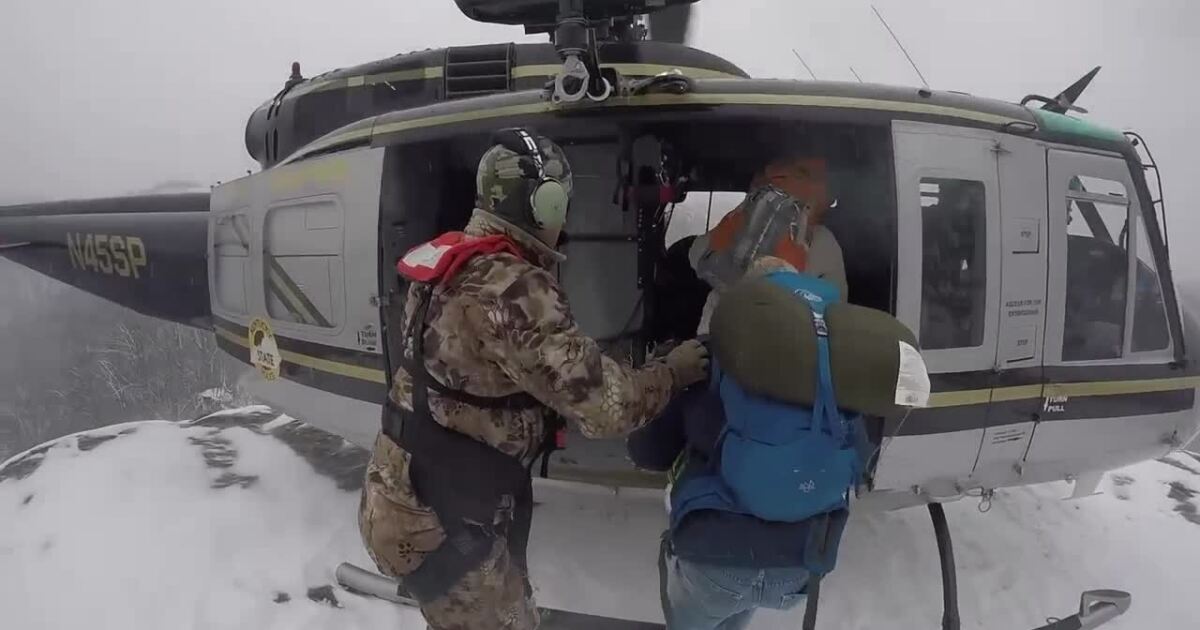On Sunday, Jan. 14, four Asbury students went to Red River Gorge to go backpacking. However, with the rapidly evolving weather, the students found themselves snowed in, resulting in a helicopter rescue. The following is a statement from Trent Ellsworth, Director of the Adventure Education and Leadership Program at Asbury, and the Kentucky Outdoor Institute at Asbury University.
First, thank you to the rescue personnel who volunteered their time and put themselves at risk in this situation. That everyone is home safely now, both rescuers and victims, is a great blessing.
Second, it should be stated that while these were students at Asbury University, they were not on any type of university-sanctioned event. This was a recreational backpacking trip engaged in independently by four students enjoying the long holiday weekend. Additionally, these students are not connected with the Adventure Education and Leadership Program at Asbury or the Kentucky Outdoor Institute at Asbury University.
I would like to withhold comment on the situation surrounding the rescue and the circumstances that elevated this to a high-risk rescue until I have had time to gather more information. At this point, I have been able to speak with all four victims but not yet any rescue personnel or decision-makers.
What is certain, is that anyone choosing to engage in winter camping should be aware of the risks of remote environments in any weather, especially in extreme weather. When weather is a concern, never trust one weather “app” on your phone, and do plenty of research into all possible weather situations when preparing for your adventure. Ideally, learn to understand weather data and forecast tools from the National Oceanic and Atmospheric Administration (NOAA) and to gather forecast information from multiple other sources and use that to make decisions rather than any single source.
While reports that “Courthouse Rock is a popular destination for Rock Climbing” are false (there are antiquated routes on the rock, but rock climbers rarely make the hike to use them), it is a popular destination for hikers and backpackers. The route these students used to access the top is considered fourth class. That means it is difficult and dangerous, but experienced climbers will not have trouble with it. While I would not recommend climbing it un-roped or with packs on, this is not an unusual choice in the area. The weather conditions are what turned this into an unfortunate event, and better information gathering prior to departure would have almost certainly prevented the outcome of a rescue.
Those things being said, I was able to speak with the students at 11:19 a.m. on Monday, Jan. 15, while they were still on the rock, and based on descriptions of the conditions and pictures I later saw, I believe they made the correct decision not to attempt to get down off of the rock. They were also well prepared with water, shelter, some food, and stove fuel.
Article written by Trent Ellsworth and Lena Overman, Features Contributor and Opinion Editor.
Featured photo by Lex18.


